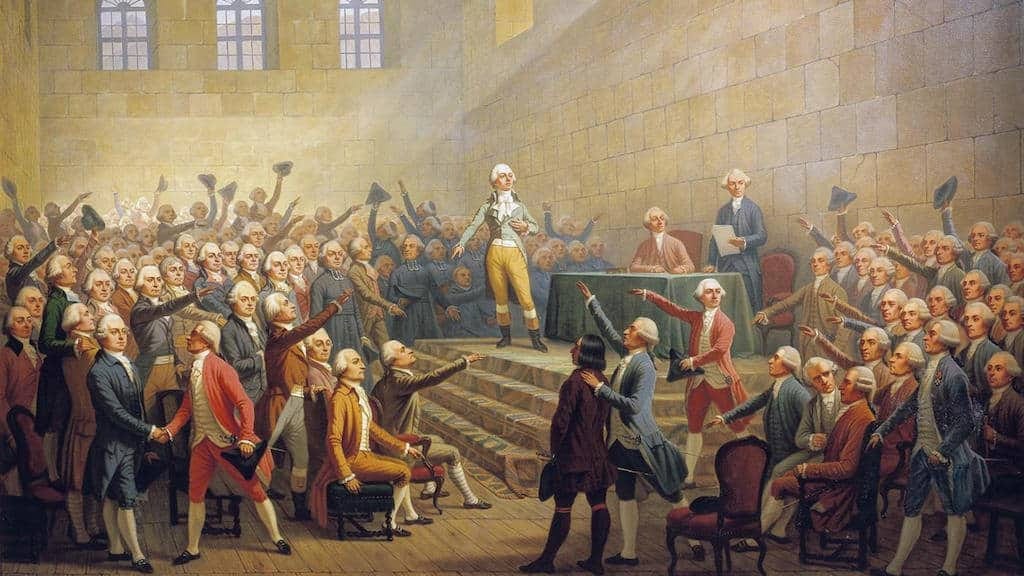Inflation, Price Controls, and Collectivism During the French Revolution
The world's first (proto) Communist revolution is a cautionary tale for today.
by Richard M. Ebeling
February 8, 2018
Governments have an insatiable appetite for the wealth of their subjects. When governments find it impossible to continue raising taxes or borrowing funds, they have invariably turned to printing paper money to finance their growing expenditures. The resulting inflations have often undermined the social fabric, ruined the economy, and sometimes brought revolution and tyranny in their wake.
The political economy of the French Revolution is a tragic example of this. Before the revolution of 1789, royal France was a textbook example of mercantilism. Nothing was produced or sold, imported or exported, without government approval and regulation.
Government Extravagance and Fiscal Ruin
While the French king’s government regulated economic affairs, the royal court consumed the national wealth. Louis XVI’s personal military guard numbered 9,050 soldiers; his civilian household numbered around 4,000—30 servants were required to serve the king his dinner, four …



